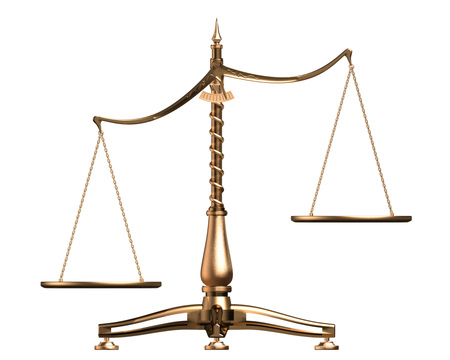Nigeria’s Supreme Court has nullified a practice, part of the customs of the Awka people in Anambra State, which disinherits a woman without a male child at the death of her husband.
In a judgment on Friday to an appeal involving a widow, Mrs Maria Nweke, the court ruled that, “For a widow of a man to be thrown out of her matrimonial home, where she had lived all her life with her late husband and children, by her late husband’s brothers on the ground that she had no male child, is indeed very barbaric, worrying and flesh skinning.”
The appeal was filed by Onyibor Anekwe and Chinweze, descendants of Anieke Nwogbo, the half brother of Nweke Nwogbo, Mrs Nweke’s late husband.
Mrs Nweke had in 1991 sued the appellants before the Awka division of the Anambra State High Court, when the appellants made move to evict her from a parcel of land she got from her late husband. She said the land was given to her husband.
She told the trial court that the appellants (who were defendants) asked her to vacate the house on the ground that she had no male child in the house, even when she had six female children.
Mrs Nweke claimed that she was disinherited by her late husband’s family because she had no male child for her husband. She refused to vacate the land, insisting that a woman, according to the customs of Akwa people, can inherit the property of her husband whether she had a male child or not.
She said the Ozo Awka Society arbitrated in the dispute and agreed with her that she had a right to remain on the land.
Defendants disagreed and argued that by the Native Law and Custom of Awka people, the land was inherited by their father as the first and only surviving son.
The trial court and the Court of Appeal decided the case in favour of Mrs Nweke. The defendants appealed to the Supreme Court, an appeal the court dismissed last Friday.
Justice Clara Ogunbiyi who read the lead judgment, held that the appellants failed to provide any credible evidence to enable the apex court overturn the judgments of the two lower courts.
“I hasten to add that the custom and practices of Awka people upon which the appellants have relied is hereby out rightly condemned in very strong terms. A custom of this in the 21st century societal setting will only tend to depict the absence of the relatives of human civilization.
“It is punitive, uncivilized and only intended to protect the selfish perpetuation of male dominance which is aimed at suppressing the right of the women folk in the given society.
One would expect that the days of such obvious differential discrimination are over.
“Any culture that dis-inherits a daughter from her father’s estate or wife from her husband’s property by reason of God instituted gender differential should be punitively dealt with.
The punishment should serve as a deterrent measure and ought to be meted out against the perpetrators of the culture and custom.
“For a widow of a man to be thrown out of her matrimonial home, where she had lived all her life with her late husband and children, by her late husband’s brothers on the ground that she had no male child, is indeed very barbaric, worrying and flesh skinning.”
Justice Bata-Ogunbiyi frowned at the conduct of the lawyer who represented the appellants for coming to Supreme court to argue that such an obnoxious customs be upheld. She awarded N200,000 against the appellants.
Justices Tanko Muhammad, Muhammad Muntaka-Coomasie, Sylvester Ngwuta and Olukayode Ariwoola, who were part of the panel that heard the case, agreed with the lead judgment.

